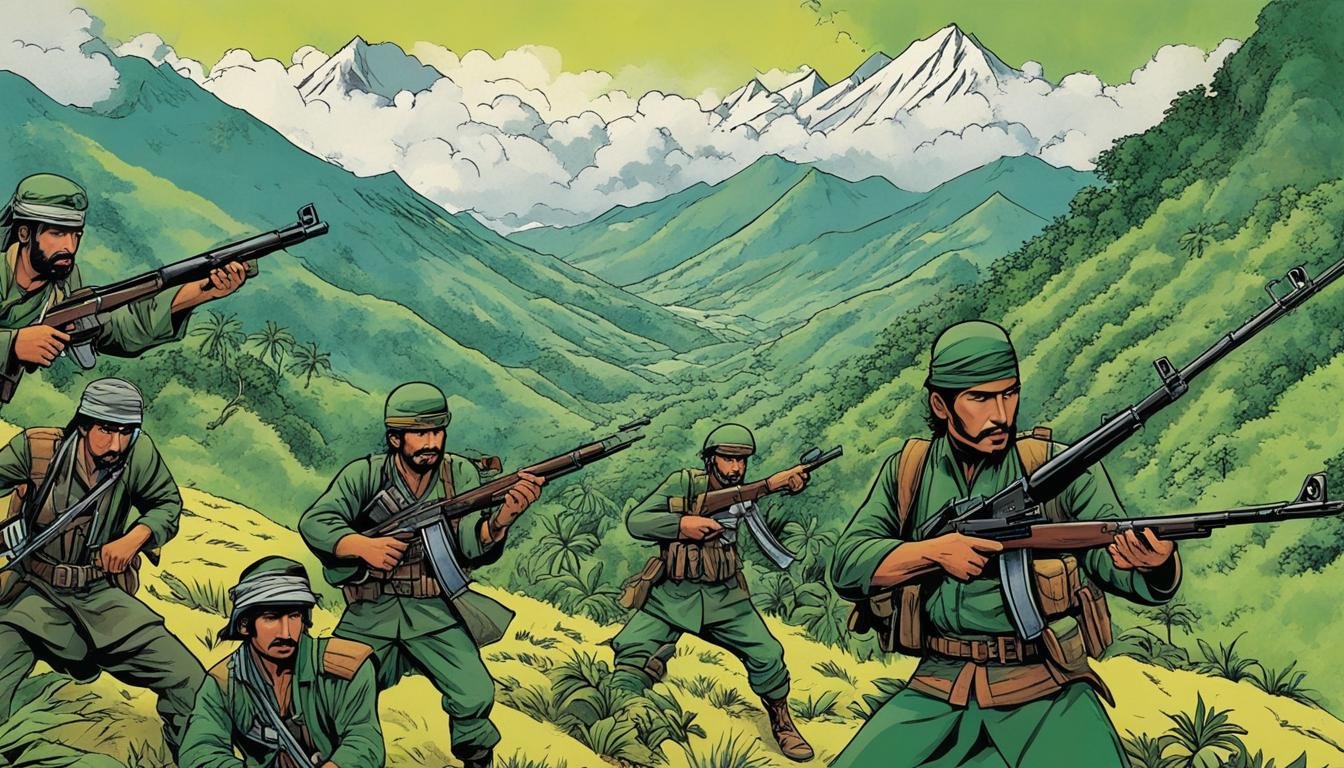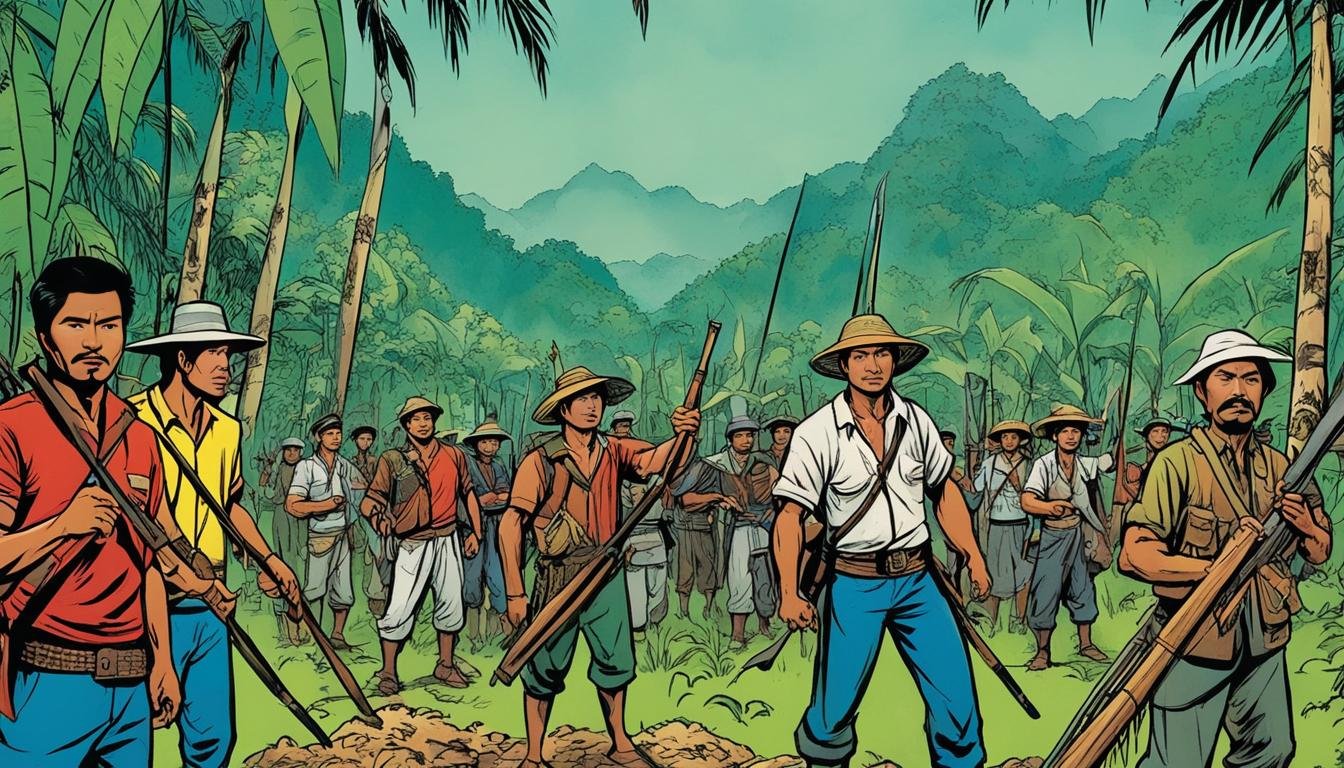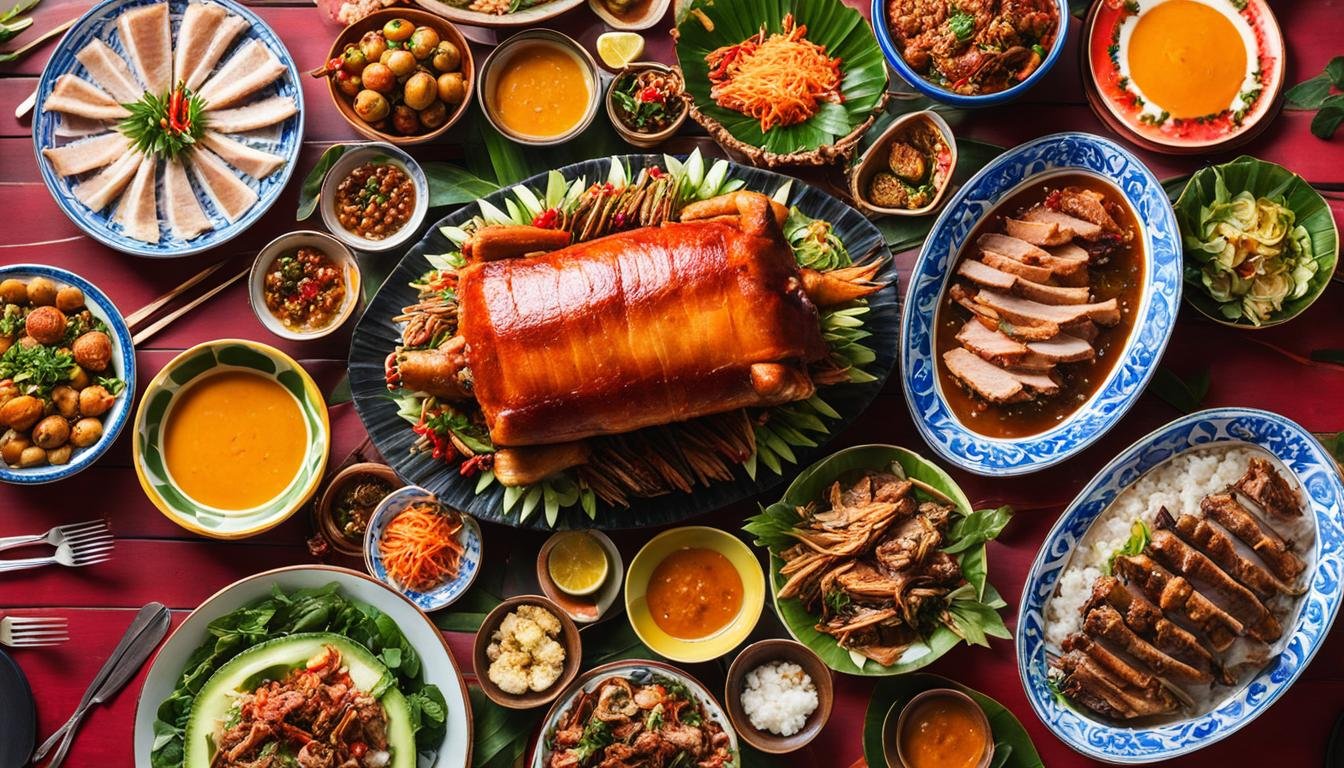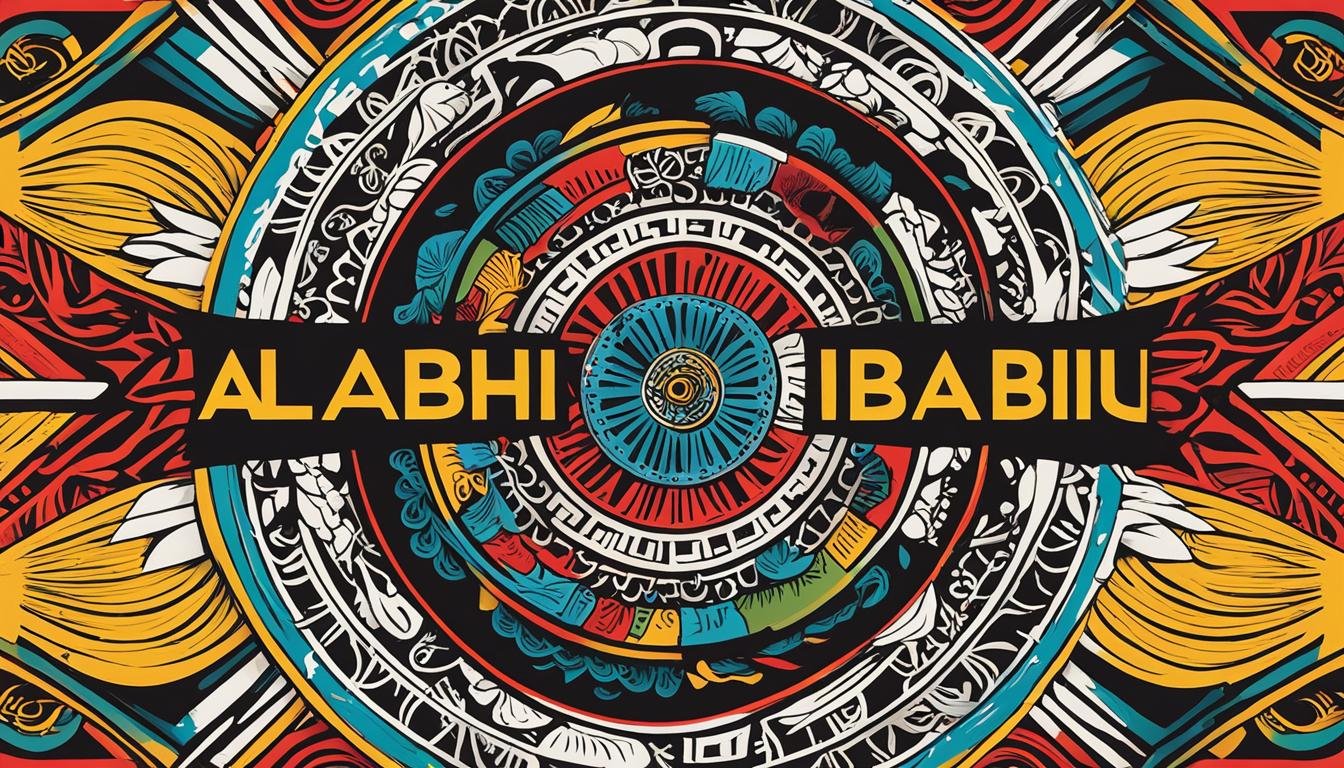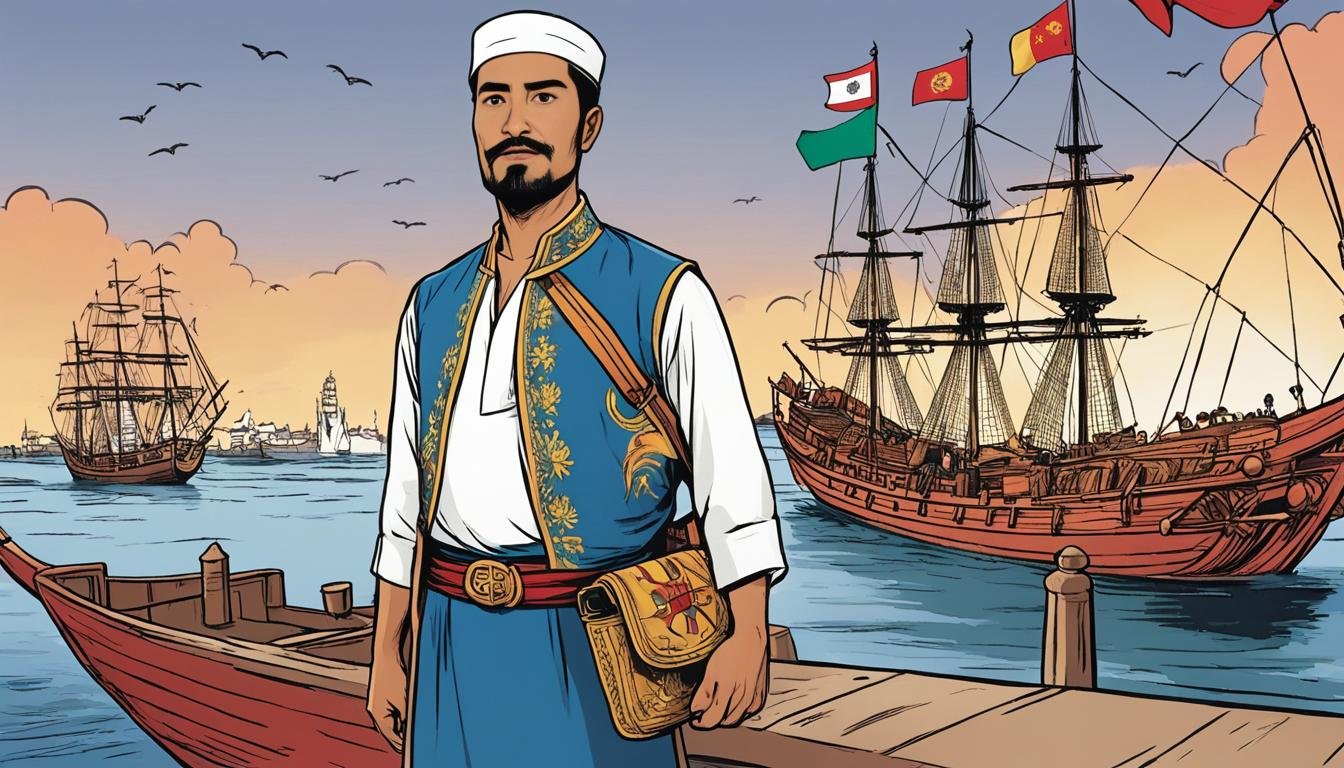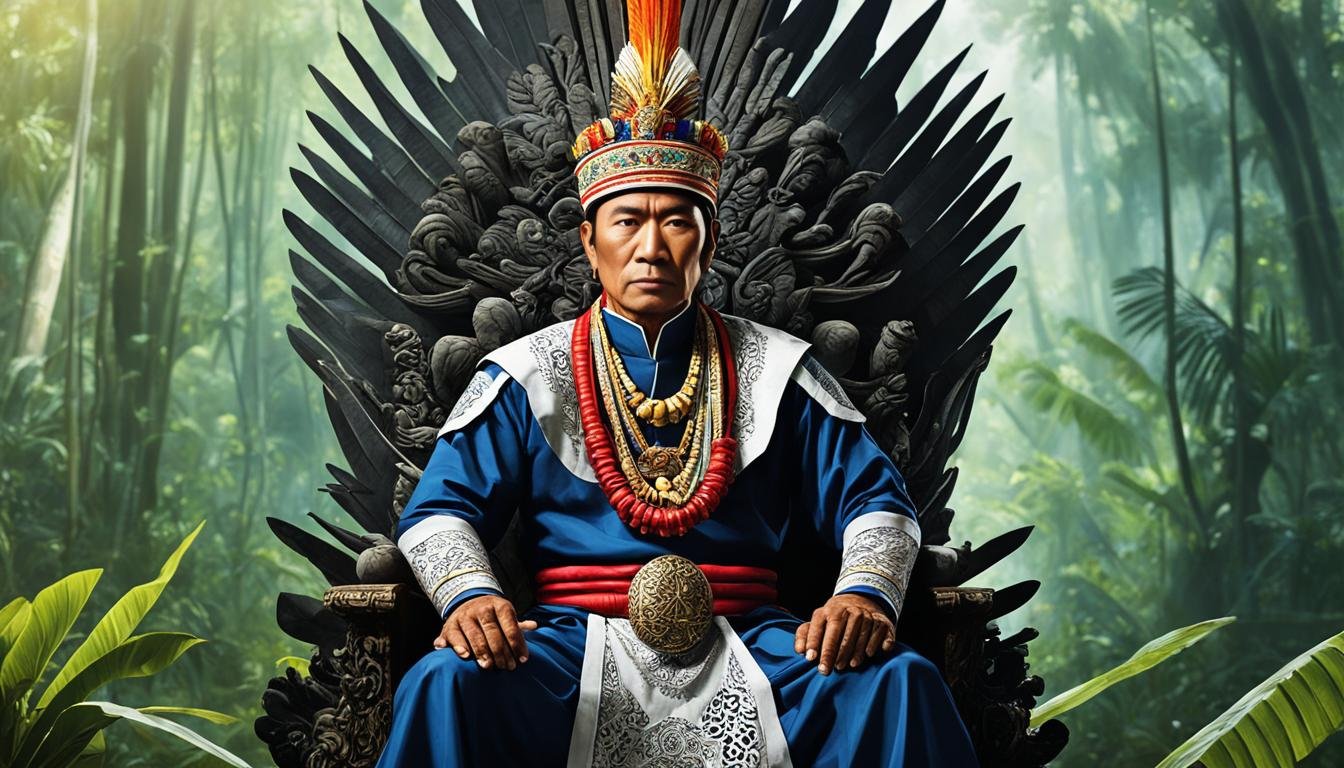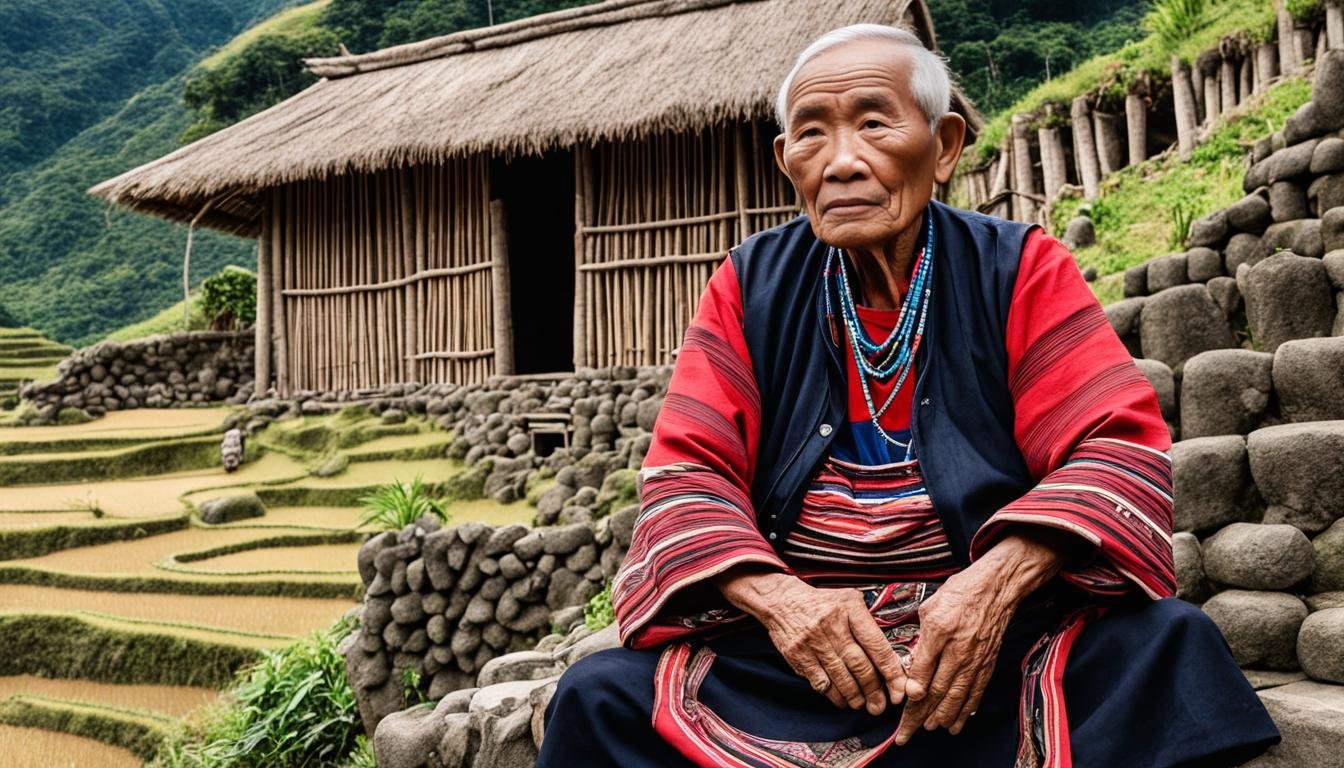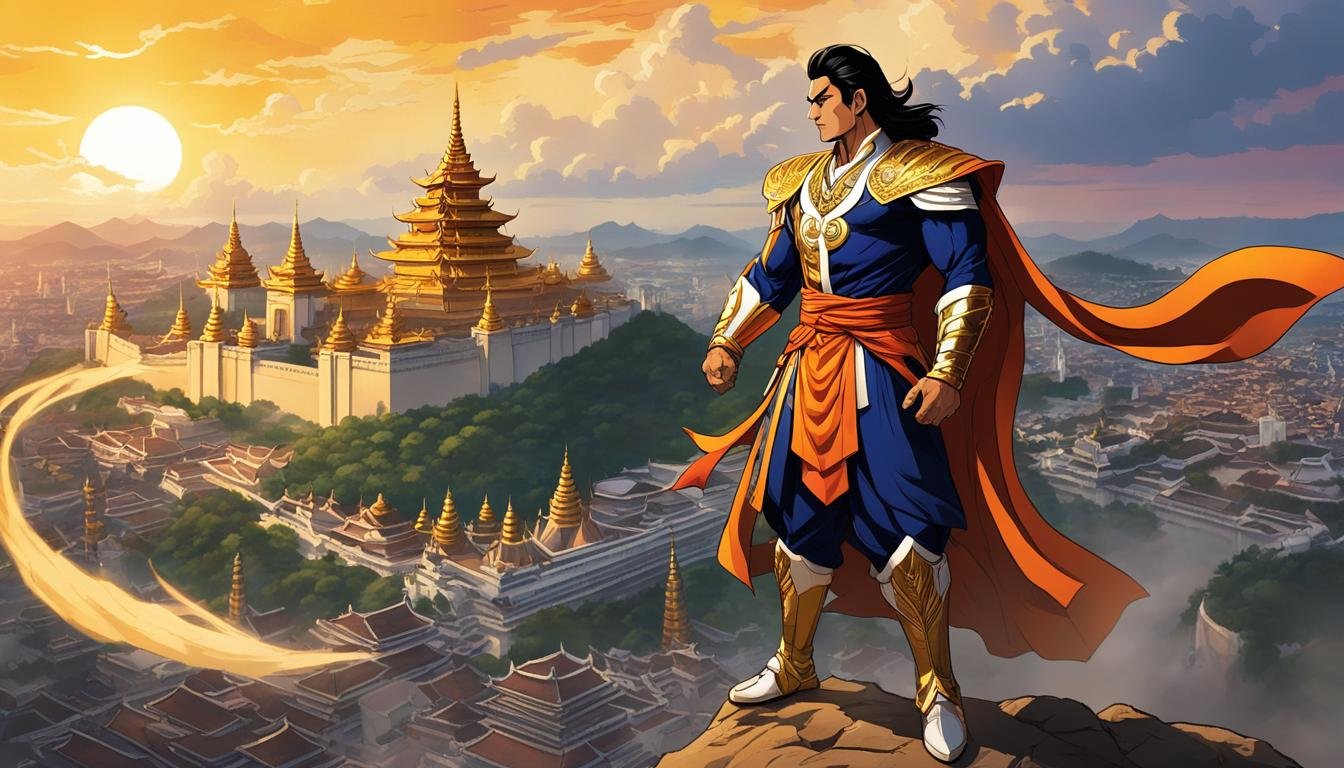The History of the Moro Islamic Liberation Front (MILF) is deeply interwoven with the complex and protracted Moro conflict in Mindanao, southern Philippines. As one of the most significant non-state armed actors in the country’s modern history, the MILF’s journey reflects the aspirations, struggles, and evolving dynamics of the Moro people’s quest for self-determination and…
History of the Hukbalahap
The History of the Hukbalahap is a compelling and often turbulent narrative woven into the fabric of 20th-century Philippine History. More than just a simple armed movement, the Hukbalahap, or Hukbong Bayan Laban sa Hapon (People’s Army Against the Japanese), represented a complex confluence of agrarian grievances, anti-colonial resistance, and ideological struggle. Its story spans…
History of Lechon in the Philippines
The sizzle of skin, the intoxicating aroma of roasted pork, the jubilant cheers at a gathering – these sensory experiences are intrinsically linked to lechon baboy in the Philippines. More than just a dish, litson, as it is also known, is a cultural icon, a culinary centerpiece synonymous with celebration, hospitality, and Filipino identity. Its…
Ibaloi Language of the Philippines
The tapestry of the Philippine languages is incredibly rich and diverse, a reflection of the archipelago’s complex history, varied geography, and myriad ethnolinguistic groups Philippines. Among these linguistic treasures is the Ibaloi language of the Philippines, spoken primarily by the Ibaloi people in the highlands of Luzon. More than just a means of communication, the…
Hanunó’o Language: Exploring the Linguistic Heritage of the Mangyan People in the Philippines
The archipelago of the Philippines, a nation renowned for its vibrant cultural tapestry and complex history, is home to a multitude of indigenous groups, each possessing a unique identity forged by centuries of interaction with their environment, neighboring communities, and external forces. Among these groups are the Mangyan people, the original inhabitants of Mindoro island….
Who is Enrique of Malacca?
The annals of the Age of Exploration are filled with tales of daring navigators, vast oceans, and the clash of cultures. Among the towering figures like Ferdinand Magellan, Vasco da Gama, and Christopher Columbus, there exists a more shadowy, yet profoundly significant, individual: Enrique of Malacca. Often referred to simply as “Enrique” or “Henrique,” he…
Datu Kabnayag: The Resilient Ruler of the Visayan Confederation of Madja-as
The tapestry of Philippine history is rich and complex, woven with threads of indigenous narratives, vibrant pre-colonial societies, and the profound impact of foreign encounters. Among the most compelling, yet often debated, stories is that of the Visayan Confederation of Madja-as, a polity said to have flourished in the island of Panay long before the…
Ifugao Traditions: A Cultural Mosaic of Northern Luzon
The island of Luzon, the largest and most populous in the Philippine archipelago, is a tapestry of diverse landscapes and cultures. Among its most fascinating threads is the rich and enduring heritage of the Ifugao people, nestled within the rugged grandeur of the Cordillera mountain range in Northern Luzon. Their traditions, forged over centuries in…
Rajah Tupaz: A Hero of Colonial Resistance in Cebu’s History
The arrival of European powers in Southeast Asia in the 16th century marked a pivotal turning point, initiating centuries of profound transformation. For the archipelago that would become the Philippines, this era began decisively with the arrival of Ferdinand Magellan in 1521, though his visit was fleeting and ended tragically for him on the shores…
Bukidnon: A Province and Its Language
The island of Mindanao, often referred to as the “Land of Promise,” is a tapestry woven from diverse landscapes, cultures, and histories. Among its many provinces, Bukidnon stands out – a vast, landlocked highland region known for its cool climate, expansive plateaus, and status as the agricultural heartland of the Philippines. But beyond its fertile…

